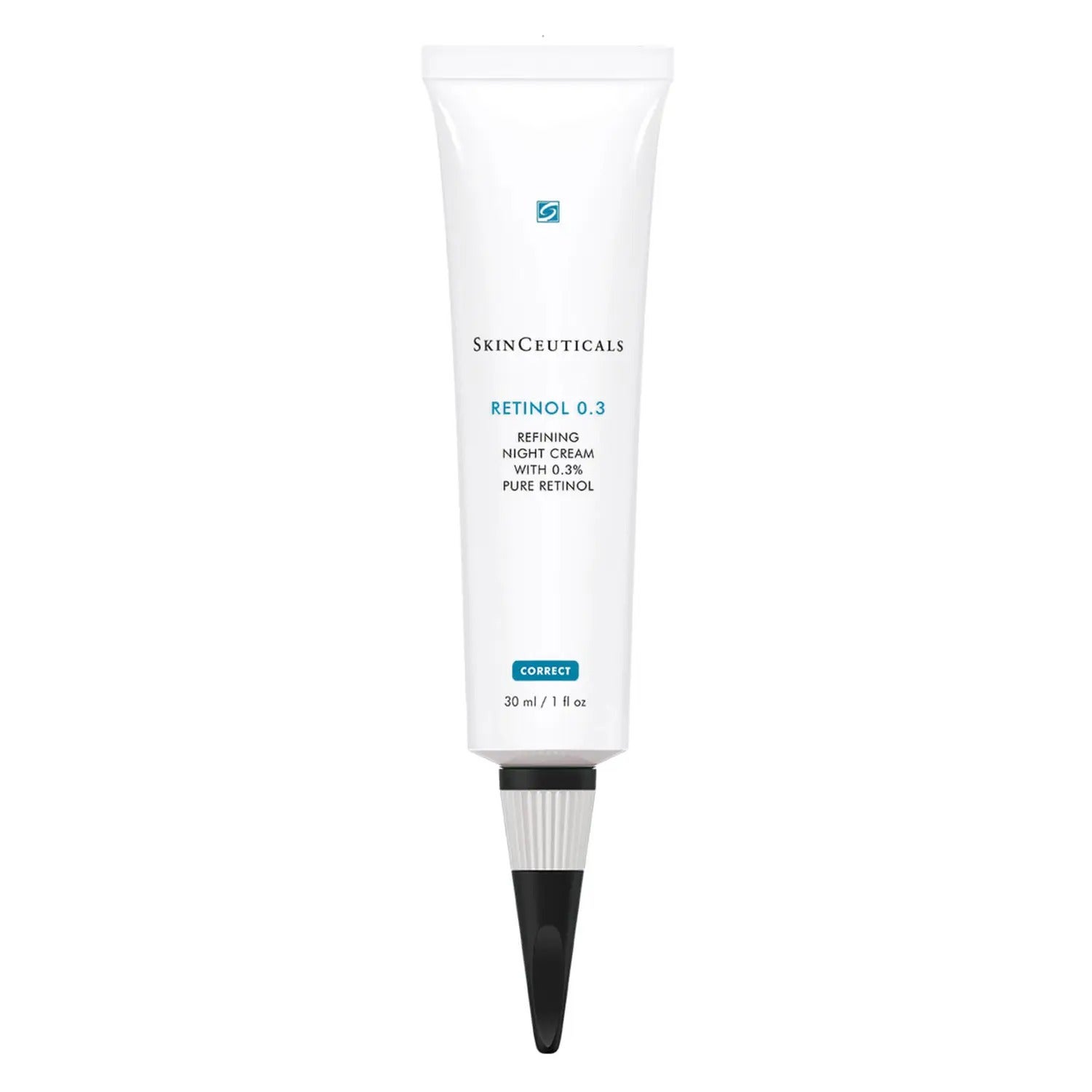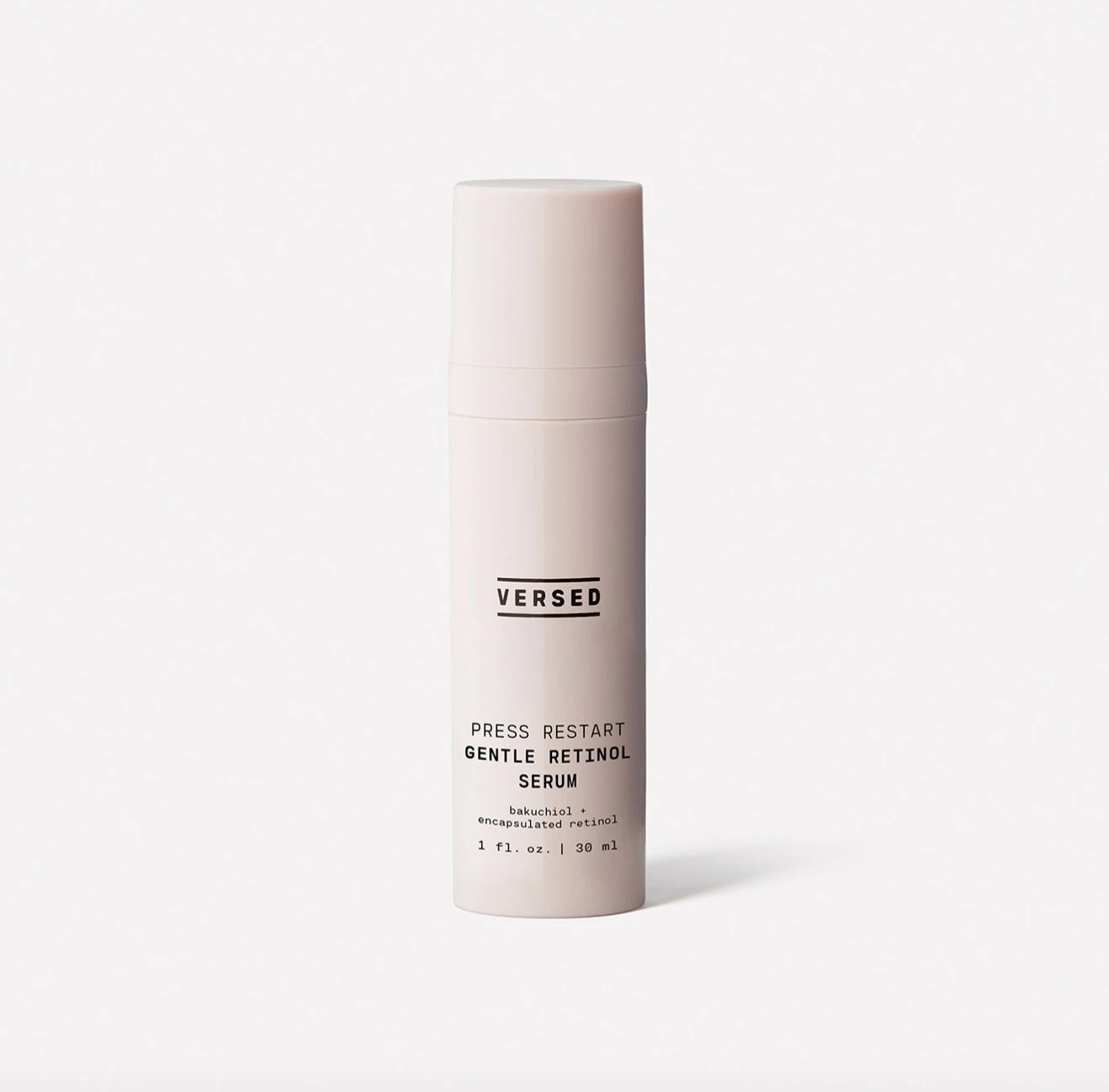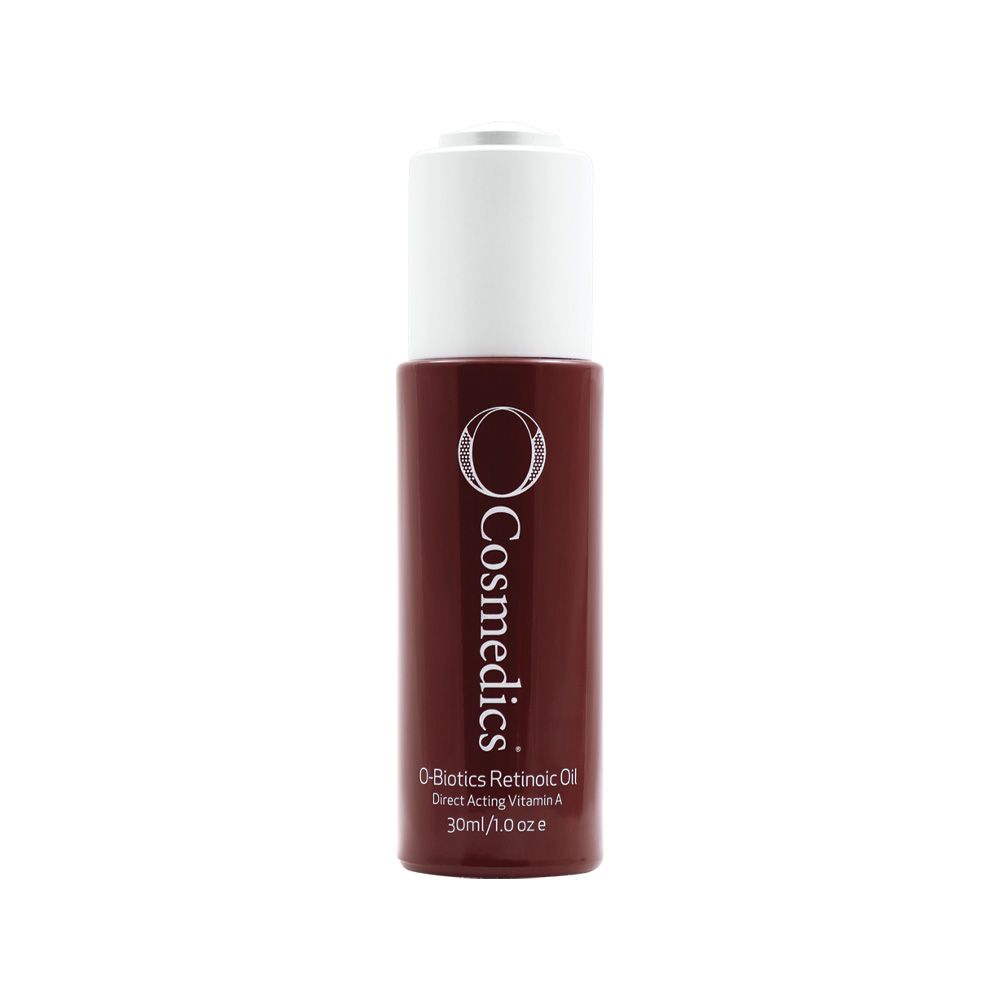Should You Change How You Use Retinol In Summer?
PHOTOGRAPHED BY MYESHA EVON GARDNER.
At Refinery29 Australia, we’re here to help you navigate this overwhelming world of stuff. All of our picks are independently selected and curated by the editorial team, but we may earn commission or other compensation from the links on this page.
On both ends of the seasonal spectrum, it's necessary to bring out the skincare big guns appropriate for icy and hot temperatures respectively. You've probably heard dermatologists extolling the virtues of vitamin A (aka retinol). By speeding up skin cell turnover, the powerful skin ingredient has the ability to unclog pores (lessening breakouts), fade hyperpigmentation and minimise the appearance of fine lines and wrinkles.
AdvertisementADVERTISEMENT
While autumn and winter are arguably the best times to start using retinol, whether or not you should change the way it fits into your routine in summer is also worth a discussion. We spoke to dermatologists and skincare professionals to get the lowdown on how to use retinol, no matter what time of year it is.
How to use retinol in winter
Retinol can make skin sensitive and flaky if overused but consultant dermatologist Dr Anjali Mahto makes a strong case for starting to use it in the autumn and winter months.
"Winter is a good time of year to incorporate vitamin A products into your skincare routine as there is less ultraviolet radiation [or UV] during this time," says Dr Mahto. At least there's one small advantage of freezing cold weather and darker afternoons...
Dr Mahto mentions that as skin tends to be drier in the winter months for many people, reducing the strength of some active agents like retinol might be beneficial. In other words, don't reach for the highest percentage. If you're dipping your toe into retinol skincare, Dr Mahto suggests starting at a low percentage and rates the SkinCeuticals range. Try the Retinol 0.3% Cream, $97, two or three nights a week. If you're on a budget, pick up the R29-approved Versed Press Restart Gentle Retinol Serum, $32.
AdvertisementADVERTISEMENT
Once your skin starts to build up a tolerance to the ingredient, you could look at increasing the percentage. It also pays to wear SPF during the daytime while using retinol to protect those new skin cells against the environment and to invest in a nourishing lip balm. Dr Mahto likes Laneige Lip Sleeping Mask, $28. Bonus points if said lip balm also contains SPF.
While Dr Mahto loves using retinol in the colder months, there's one product she'd ditch from her own routine at this time. "I am personally not a big fan of face oils," she said. Skin tends to get a lot drier in the cold and you could risk doing more harm than good by slotting face oils into your skincare routine. "I think they risk blocking pores and the formation of small bumps under the skin known as comedones," which make skin appear bumpy and uneven in texture.
If your skin type is combination, oily or anything in between and you aren't keen on face oils, Dr Mahto suggests winter weather-proofing your skin further by adding a hyaluronic acid serum underneath your regular moisturiser. "This is also a handy trick in layering skincare to improve hydration levels and skin barrier quality," she concluded, especially if you're using retinol. Try this tip in the daytime, and use your chosen retinol at night.
AdvertisementADVERTISEMENT
How to use retinol in summer
Dr Mahto also explains that the risk of burning or experiencing pigmentation can be side effects of using retinol in the spring or summer, when UV is stronger. However, it's not all doom and gloom, and with some extra care and consideration, you can continue using retinol during the hotter months.
We all know that in summer, your face can become red, damaged or flaky from sun exposure, impacting the efficacy of all potent skincare products. But as Sydney consultant dermatologist Dr Shreya Andric explains, it's a myth to say that retinol can't be used in summer just because they make you more sun sensitive.
"While retinol can and does cause sun sensitivity, provided you are sun smart you can continue to use these products year-round," she tells Refinery29 Australia. "If you have already incorporated a retinol into your skincare routine, then you don’t need to change anything in the warmer months."
Dr Andric says you should always use a moisturiser on top of your retinol, but opting for a more lightweight one in summer might feel less gluggy on your skin in summer compared to winter.
"Retinols should be applied at night time because they can be deactivated by UV light. In the mornings, always apply your SPF as the final product in your skincare routine and ensure you reapply every two to three hours," she shares, emphasising that sunscreen application should be done year-round, regardless of the season.
Acknowledging that because some people have dryer skin in winter, the irritation from retinol can make skin worse — the flip side is that humidity during summer may offset this. Dr Andric says that the frequency of retinol use therefore doesn't need to change in summer, so long as it isn't irritating your skin.
AdvertisementADVERTISEMENT
However, if you do catch some sunburn in summer, take a pause from your usual skincare routine. "I would withhold any active skincare ingredients until the skin has healed," says Dr Andric.
Want more? Get Refinery29 Australia’s best stories delivered to your inbox each week. Sign up here!
AdvertisementADVERTISEMENT









